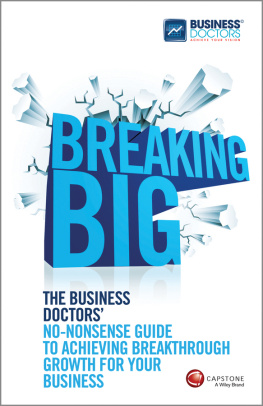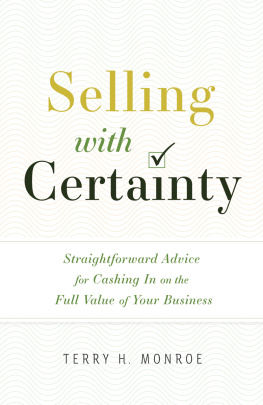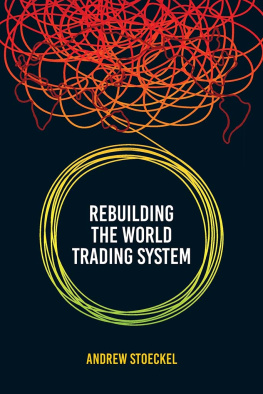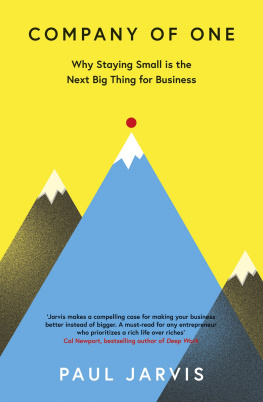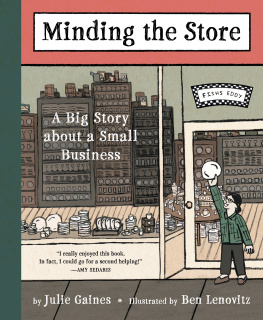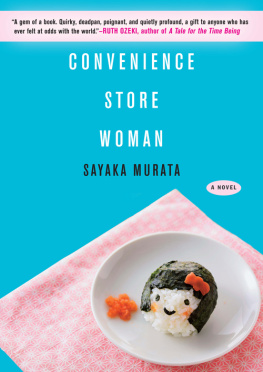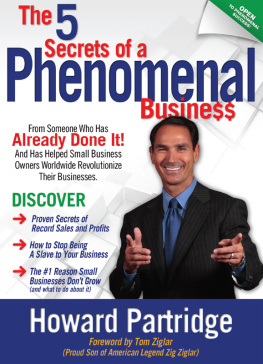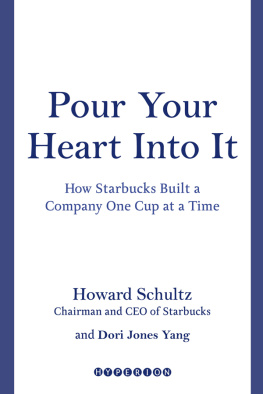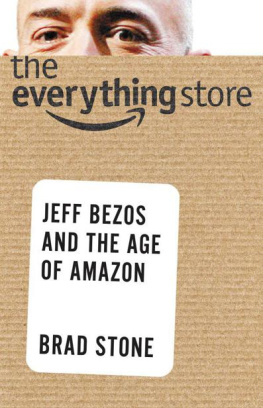

2014 by Howard Stoeckel
Published by Running Press,
A Member of the Perseus Books Group
All rights reserved under the Pan-American and
International Copyright Conventions
This book may not be reproduced in whole or in part, in any form or by any means, electronic or mechanical, including photocopying, recording, or by any information storage and retrieval system now known or hereafter invented, without written permission from the publisher.
Books published by Running Press are available at special discounts for bulk purchases in the United States by corporations, institutions, and other organizations. For more information, please contact the Special Markets Department at the Perseus Books Group, 2300 Chestnut Street, Suite 200, Philadelphia, PA 19103, or call (800) 810-4145, ext. 5000, or e-mail .
Library of Congress Control Number: 2013957375
E-book ISBN 978-0-7624-5317-7
9 8 7 6 5 4 3 2 1
Digit on the right indicates the number of this printing
Cover by Whitney Cookman
Interior design by Maria Taffera Lewis
Edited by Zachary Leibman
Typography: Futura, Universe Condensed, and Graham
Running Press Book Publishers
2300 Chestnut Street
Philadelphia, PA 19103-4371
Visit us on the web!
www.runningpress.com

For Grahame and Dick Wood,
True servant leaders,
And for every generation of Wawa associates,
Past, present, and future.
Contents

P hiladelphia Inquirer columnist Anthony Wood once described me as a Wawa recidivist.
Guilty as charged!
While the term recidivist is normally associated with the act of repeating undesirable behavior, I choose to use the medical definition of a recidivist: One who relapses into a previous behavior or condition. In addition to leading several educational programs for Wawa associates, I visit a Wawa store at least once a day and am one of the companys more than 1.1 million Facebook fans.
This book is about the unique Wawa retail culture. Normally, I define culture as what happens when the boss is not around. However, Wawas servant leadership ensures that there are no bosses in the traditional sense. Rather, everyone in this great organization serves one another and the customer in a caring and consistent manner.
My definition of a leader is a preacher of vision, a lover of change, and a servant to others. Servant leadership is a state of mind, not a position. While Howard Stoeckel, the author of The Wawa Way, and Grahame Wood and Dick Wood before him led the company to its first fifty years of success (before handing the baton to Chris Gheysens), every one of the 21,000 Wawa associates defines and lives the Wawa culture of serving others.
In Thomas Kuhns landmark book, The Structure of Scientific Revolutions, he posits that every significant breakthrough throughout history is in reality a break with old ways of thinking and old ways of doing things. With new thinking, new ways of doing, new ways of engaging associates, and prudent risk taking, the Wawa way has revolutionized the convenience store business. In many respects, this book you are reading is the modern-day equivalent of Sam Waltons classic autobiography, Sam Walton, Made in America: My Story. In his book, Walton shared the recipe for success that transformed retailing forever. He left us with ten essential rules for building a business. In The Wawa Way, via Wawas six core values and their execution, Howard Stoeckel provides a blueprint for success not only for convenience stores but for every organization seeking success beyond the next quarters sales and profits.
Howard shares many of his experiencesmost successful, some notto communicate the values of servanthood, community, colleagueship, friendship, integrity, and excellence. He does so with a spirit of humility that may be his most endearing characteristic.
I believe the real draw of this terrific book is its spirit. Be open to the feeling it creates inside you while reading it. If you do, you will become engaged and inspired. I have been blessed to have personally experienced the Wawa spirit for fifty years. However, the first time I read this book, I was reminded that serving is the true purpose of life and how an organization such as Wawa, with its culture and engaged associates, remains viable in an evolving economic, social, and global environment.
The Wawa Way is not simply an engaging story (although it is); it is a message of success that emanates from the hearts and souls of people who have lived its six core values and learned from the lessons of flying geese. It is the Wawa way or model, shared with us in a most detailed and useful way, even though Wawas servant leaders will be the first to admit that they are far from perfect and far from complete.
Howard Stoeckel is uniquely qualified to tell this story as he draws upon his various roles in an organization with a fifty-year history of delighting customers in an ever-changing industry. While most modern organizations measure success a quarter at a time, Wawa measures success a quarter century at a time. We can all learn a great deal from Howards humble servant leadership and Wawas legacy. As for me, I am going to enjoy a Wawa coffee and Shorti hoagie, as I embark on my next reading of The Wawa Way.
Wont you join me?
Richard J. George, PhD, Wawa recidivist and fan Professor of Food Marketing, Haub School of Business Saint Josephs University, Philadelphia, Pennsylvania April 2014

Keeping her head and Wawa coffee above water, Adelina Dairman crosses Mill Street in Vincentown, New Jersey during the 2011 flood.
Photo Credit: Michael Schwartz for the Courier-Post
Jeremy Plauche is a burly, rowdy-looking guysix feet, maybe 300 pounds, with the bold facial hair of a modern 24-year-oldbut he admits that when he was getting the Wawa logo tattooed on his right inner biceps, the second wa kind of hurt. Its just a little more tender in there closer to the torso. Totally worth it, though.
Plauche works night shifts for the rescue squad in Millville, New Jersey, where he also went to high school. Its a little town about 45 miles south of Philadelphia, with a population of roughly 27,000 and four Wawas within about two miles. Hes made countless Wawa runs. Hes candid about his favorite product: Ill be honest with youthe peach iced tea.
Im originally from Louisiana, he says. I tried to explain to my friends there what Wawa was and what it means to people who live up here... and they kind of didnt believe me. Wawa is part of our culture. Its part of our way of life.
Next page

